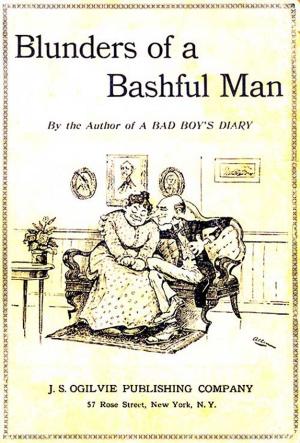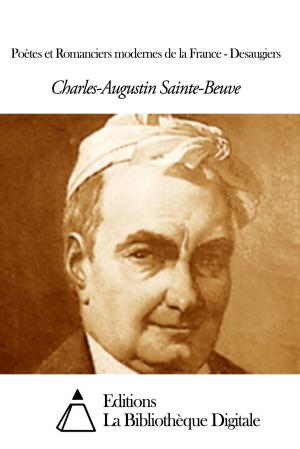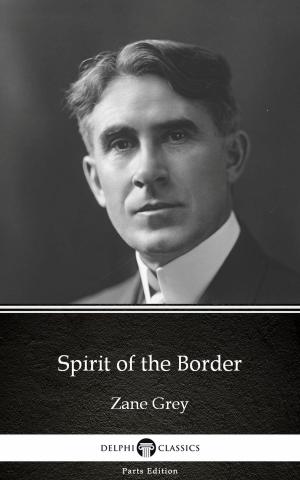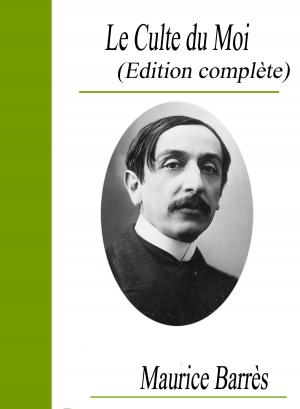| Author: | Fyodor Mikhailovich Dostoyevsky | ISBN: | 9788822843173 |
| Publisher: | Fyodor Mikhailovich Dostoyevsky | Publication: | September 12, 2016 |
| Imprint: | Language: | French |
| Author: | Fyodor Mikhailovich Dostoyevsky |
| ISBN: | 9788822843173 |
| Publisher: | Fyodor Mikhailovich Dostoyevsky |
| Publication: | September 12, 2016 |
| Imprint: | |
| Language: | French |
Dostoïevski a 40 ans lorsqu'il écrit Humiliés et Offensés, peu après son retour d'exil en Sibérie, pour soutenir une revue appartenant à son frère. C'est encore une oeuvre de «jeunesse».
Vania, le narrateur, est écrivain de son état. Il recueille Nelly une jeune orpheline dont la mère est morte dans le dénuement et et qui a été reniée par son père. Bien qu'amoureux de Natacha, Vania se sacrifie au profit d'Aliocha, jeune homme faible et influençable dont Natacha est éprise. Entre ces deux histoires, le parfait scélérat - le prince Valkovski, père d'Aliocha, cause des malheurs au long de ce récit.
Si Dostoïevski, admirateur des livres d'Eugène Sue, use des procédés classiques du roman-feuilleton - mélodrame sentimental et drame social, scènes à effet rythmant le cours de l'histoire, il va au delà, et les caractères dépeints, notamment ceux de Nelly et du narrateur sont remarquables. Dostoïevski puise dans son expérience personnelle pour décrire Vania.
Dostoïevski a 40 ans lorsqu'il écrit Humiliés et Offensés, peu après son retour d'exil en Sibérie, pour soutenir une revue appartenant à son frère. C'est encore une oeuvre de «jeunesse».
Vania, le narrateur, est écrivain de son état. Il recueille Nelly une jeune orpheline dont la mère est morte dans le dénuement et et qui a été reniée par son père. Bien qu'amoureux de Natacha, Vania se sacrifie au profit d'Aliocha, jeune homme faible et influençable dont Natacha est éprise. Entre ces deux histoires, le parfait scélérat - le prince Valkovski, père d'Aliocha, cause des malheurs au long de ce récit.
Si Dostoïevski, admirateur des livres d'Eugène Sue, use des procédés classiques du roman-feuilleton - mélodrame sentimental et drame social, scènes à effet rythmant le cours de l'histoire, il va au delà, et les caractères dépeints, notamment ceux de Nelly et du narrateur sont remarquables. Dostoïevski puise dans son expérience personnelle pour décrire Vania.















